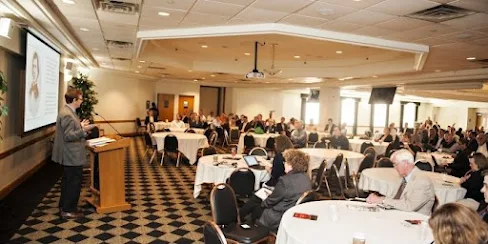Not forgetting how our own legal education was watered down by Christopher Columbus Langdell's silly obsession with redacted appellate cases and his silly claim that law practice taints law professors, more and more of us are determined to make a change. Langdell's nonsense also eclipsed the importance of good character, and hopefully more and more of us will speak out on this as well.
From SSRN:






